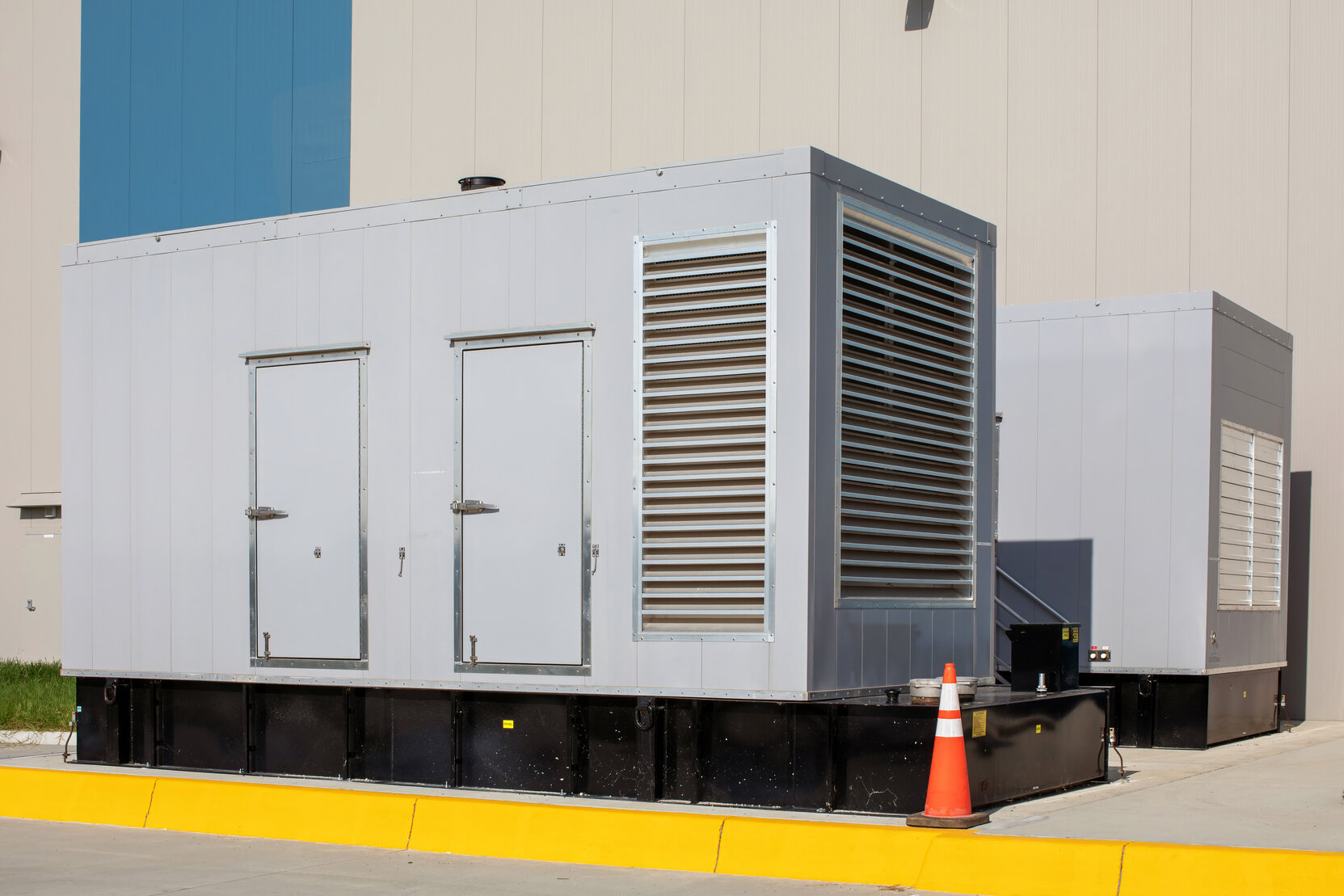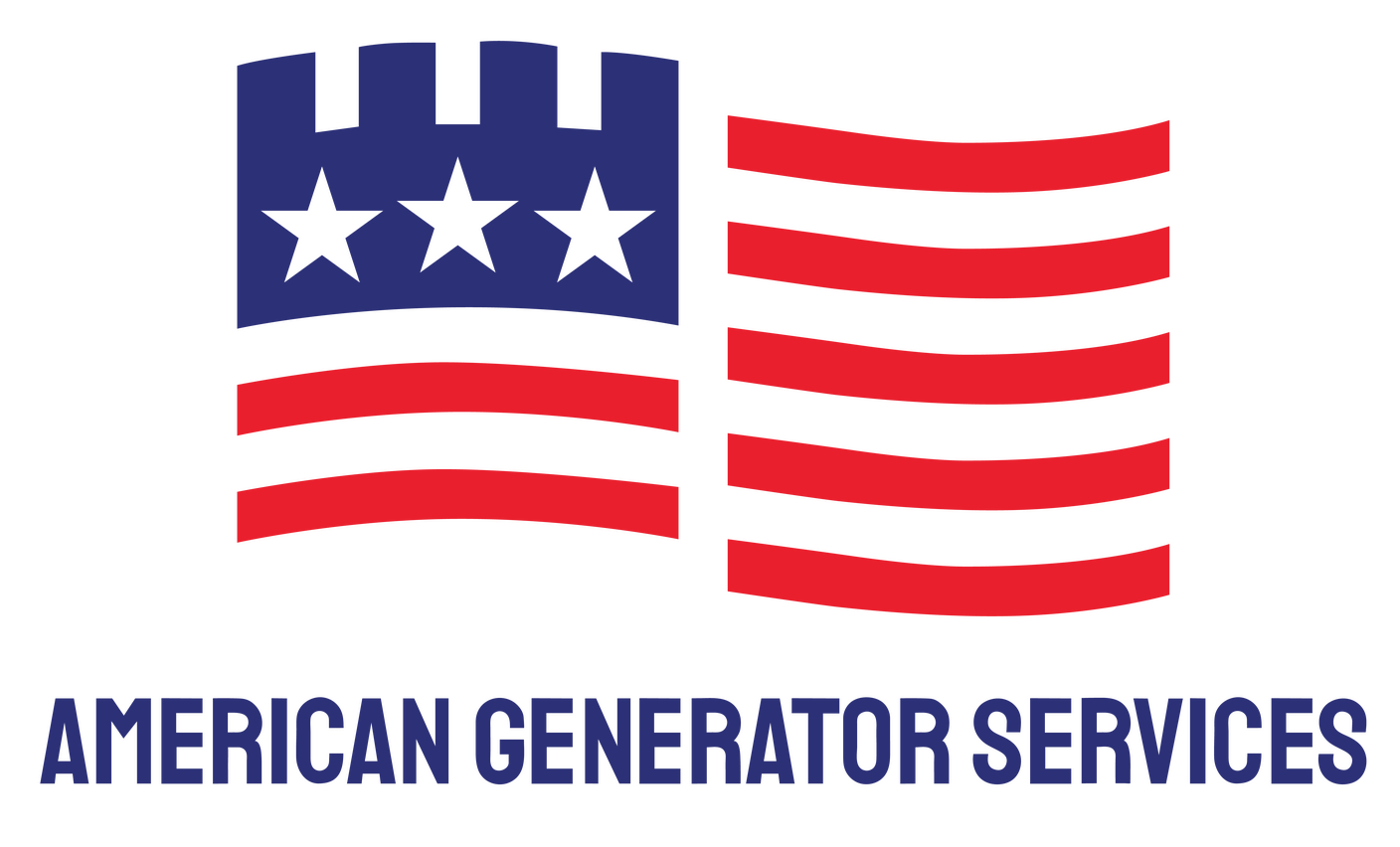When backup power fails, everything stops
Your generator isn’t just equipment — it’s the backbone of your business continuity plan. When it fails, operations halt, safety risks increase, and every minute of downtime costs money.
At American Generator Services (AGS), we see the same issues cause generator failures time and time again, all of them preventable with the right care. Here are the seven most common reasons commercial generators fail, and how to make sure yours doesn’t.
Contaminated or Degraded Fuel
Diesel fuel naturally breaks down over time. Water condensation, microbial growth, or sediment buildup can clog filters and injectors, leading to power loss or complete failure.
How to prevent it: Schedule regular diesel fuel polishing to remove contaminants and keep your system running clean. Proper fuel storage and regular tank inspections are also essential.
Battery Failure
A dead or weak battery is one of the most common causes of generator startup failure. Long idle periods and high heat (especially in Texas) shorten battery life.
How to prevent it: Test battery voltage monthly, keep terminals clean, and replace batteries proactively every 2–3 years.
Improper Generator Sizing
Generators that are too small struggle to handle load demand, while oversized units run inefficiently and wear out faster. Either mistake can cause performance and fuel issues.
How to prevent it: Have a professional perform a load analysis to confirm your system matches your facility’s true power needs.
Cooling System Failures
Blocked radiators, low coolant, or failed hoses lead to overheating — one of the fastest ways to damage an engine.
How to prevent it: Include radiator cleaning and coolant checks in every preventative maintenance program. Replace hoses and coolant at manufacturer-recommended intervals.
Skipped or Irregular Maintenance
Like any engine, generators need consistent service to perform reliably. Skipping maintenance leads to undetected wear, clogged filters, and poor fuel efficiency.
How to prevent it: Schedule preventative maintenance quarterly or semi-annually, depending on usage. Routine inspections catch problems before they escalate.
Transfer Switch or Control Failures
Automatic transfer switches (ATS) and control panels can fail due to wiring issues, corrosion, or neglect. When that happens, your generator may never start during an outage.
How to prevent it: Test your transfer switch during scheduled load bank tests. A complete system check ensures seamless transitions between utility and backup power.
Lack of Load Bank Testing
Without real-world testing, you don’t know how your generator will perform under pressure. Load bank testing helps verify that your system can handle the full load when the grid goes down.
How to prevent it: Schedule annual load bank testing; it’s the most effective way to identify weaknesses before they cause downtime.
How to Avoid Generator Failures Altogether
Every cause above ties back to one thing: preventative maintenance.
By partnering with a local, qualified provider like AGS, you can extend equipment life, reduce costly emergencies, and ensure your facility is always ready for the next outage.
Related Reading:




